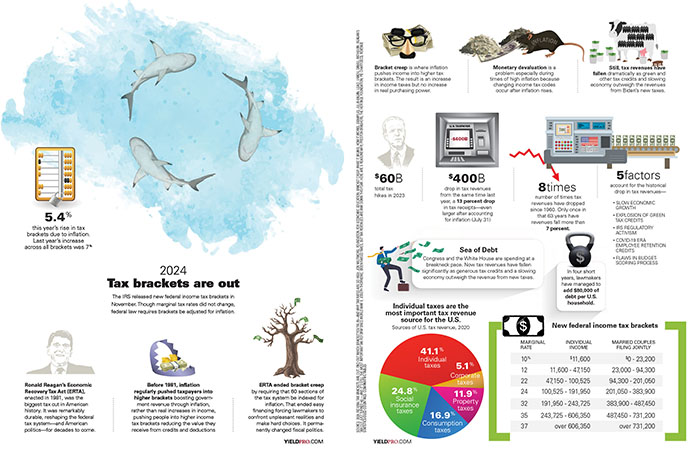I’m not surprised that the size of the Archstone-Smith deal did not hinder the transaction, because, as we saw with the Blackstone acquisition of Equity Office Properties (EOP), size is no longer an issue.
We’ve opined that apartment REITs, which had been trading at significant discounts to their underlying real estate values–and in the case of Archstone-Smith, at a 13 to 14 percent discount–would likely capture the vast amount of capital in the private markets looking to be invested, if discounts of that size persisted.
What is surprising to me is that Archstone-Smith CEO R. Scot Sellers, who has suggested even recently on earnings calls that the replacement value of his portfolio is well in excess of the share price, would endorse a deal being done at NAV.
I think the $22.2 billion price doesn’t appropriately compensate shareholders for Archstone-Smith’s valuable operating and development platforms. Those platforms have significant value above and beyond projects that are currently under construction and in the planning stages, and the value of those projects is reflected in our NAV estimate of $59 per share.
If you think about the opportunities embedded in the development platform and the executive management group that’s in place to create incremental value above and beyond what’s in the pipeline today, I think you could come up with another $6 per share or so of value for the development platform.
The operating platform probably adds another couple of dollars. So I think the combined platforms have value of maybe another $8 to $9 per share, and could bring the total firm value to $68 or $69 per share.
Part of the issue here is the transactional and frictional costs associated with the portfolio that make their way into any buyer’s analysis. We think that from Tishman Speyer’s perspective, there is around $5 per share of transactional-related costs, so if they are bidding $60.75 and you add those transaction costs back, they are effectively valuing the overall firm at just short of $66.
But the transaction costs eat into what shareholders ultimately will receive, so there is a fair question as to whether shareholders should endorse the deal.
What I think is an inadequate or inferior price that shareholders will receive stems from the transactional and frictional costs, but there may be $2 to $3 of incremental value that is not fully reflected in the offer by Lehman and Tishman.
But let’s cut to the chase. In my opinion, Archstone-Smith is worth more in the public market, in its current ownership form, than it is from the perspective of a new buyer because of those transaction costs.
The costs to any buyer, in our estimate, are roughly $3 per share in terms of a hit related to California Prop. 13 and another $2 per share of general transactional-related costs. Then there is the added issue of tax protection that has been provided to the prior owner of Charles E. Smith and Oakwood, and that tax protection cost is, at rough estimate, $3 to $4 per share to a prospective buyer.
The latter is not the case for Tishman Speyer because they are allowing those OP unit holders to either take cash or convert those OP units into preferred units within the partnership of the buyer and preserve the tax basis that way.
So why did Sellers agree to the deal? I think his argument would be that the public market has never given him full credit for what his company is worth. My argument is that this deal doesn’t give him full credit either. And, in fact, the public market has given him full credit for the value of the firm at other points in time. If you look back just four months ago to January, investors were valuing Archstone-Smith at $64 to $65 per share.
I think that Tishman Speyer saw an opportunity to take advantage of a recent swoon in apartment REIT share prices and I think Archstone- Smith’s board and Scot Sellers saw someone offering a premium to their share price. Now, Scot has always taken his fiduciary responsibilities very seriously and I think he is a man of high integrity, but going to work for Tishman Speyer has created a conflict.
He’s now on the other side of the table. We don’t know the arrangement or the terms of his employment agreement with the buyer, but, presumably, Scot could benefit to the extent that he and his management team create value for Tishman Speyer. So, if Sellers is going to benefit in that value creation, his self-interest would suggest that he’d want to see these assets transferred at as cheap a price as possible.
Again, I think he’s always handled his fiduciary responsibilities and is a person of high integrity, but this particular transaction, based on information that currently is available, creates a conflict of interest for Scot.
If the transaction closes, I would expect the Archstone-Smith acquisition to be the platform from which Tishman Speyer will continue to grow its asset management business and enhance its overseas portfolio. At some point the company may consider selling some of the Archstone-Smith assets in New York City and Washington, D.C., but I would expect them to hold most of this portfolio.















